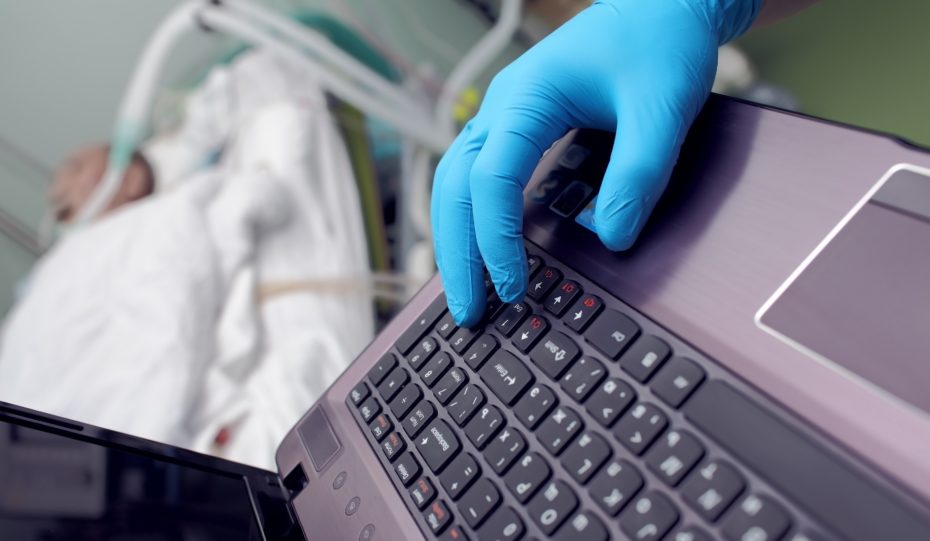copyright by venturebeat.com
Health care doesn’t have a big data problem. It has a big data opportunity , thanks to artificial intelligence. Think about the number of inefficiencies in your daily life — long lines, traffic jams, a reliance on “snail mail” for certain bills or communications. Those inefficiencies are inconvenient and annoying, yes, but they are usually not a matter of life and death. Health care is different. The need for productivity in health care is different. The potential for automation in health care is different. In fact, it’s greater.
Data: The driving force
The amount of data in health care is mind-boggling. As more traditional forms of information like patient records become electronic, we also have new sources of data being digitized — think 4D images of the body and high-resolution genomes. One study in PLOS Biology, a journal published by the Public Library of Science , forecasted that data generated by genomics alone will be on par with that generated by astronomical science, YouTube, and Twitter by 2025.
So how do we possibly make sense of all this information? Machine and deep learning can help.
Machine learning, an approach to achieve artificial intelligence, and deep learning, a subset of machine learning that trains artificial neural networks over time to provide answers to questions with near 100 percent accuracy, can process, analyze, and identify patterns in that information to help improve quality, speed, and access to care.
 AI already making an impact
AI already making an impact
For example, Stanford University researchers developed an algorithm that identified thousands of objective features from pathology images of lung cancer tissue, then trained a computer software program to evaluate the samples. The computer accurately predicted the prognoses of the cancer patients from the slide pathology in a fully automated method that the researchers suggested “could provide […]
read more – copyright by venturebeat.com


copyright by venturebeat.com
Health care doesn’t have a big data problem. It has a big data opportunity , thanks to artificial intelligence. Think about the number of inefficiencies in your daily life — long lines, traffic jams, a reliance on “snail mail” for certain bills or communications. Those inefficiencies are inconvenient and annoying, yes, but they are usually not a matter of life and death. Health care is different. The need for productivity in health care is different. The potential for automation in health care is different. In fact, it’s greater.
Data: The driving force
The amount of data in health care is mind-boggling. As more traditional forms of information like patient records become electronic, we also have new sources of data being digitized — think 4D images of the body and high-resolution genomes. One study in PLOS Biology, a journal published by the Public Library of Science , forecasted that data generated by genomics alone will be on par with that generated by astronomical science, YouTube, and Twitter by 2025.
Machine learning, an approach to achieve artificial intelligence, and deep learning, a subset of machine learning that trains artificial neural networks over time to provide answers to questions with near 100 percent accuracy, can process, analyze, and identify patterns in that information to help improve quality, speed, and access to care.
For example, Stanford University researchers developed an algorithm that identified thousands of objective features from pathology images of lung cancer tissue, then trained a computer software program to evaluate the samples. The computer accurately predicted the prognoses of the cancer patients from the slide pathology in a fully automated method that the researchers suggested “could provide […]
read more – copyright by venturebeat.com
Share this: